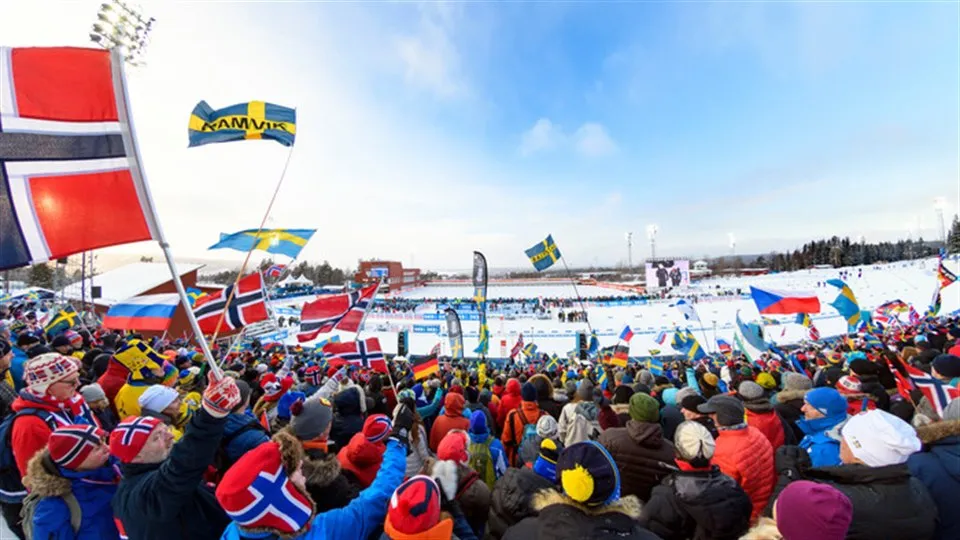New perspectives on tourism, events and regional development
This project aims to study how tourism is affecting the long-term development of the region of Jämtland in social and socio-economic terms.
Covid19 related restrictions and recommendations have direct implications for the tourism and events industry in the region. Research on tourism and events, its social and economic impacts, and how it should be developed, planned, and managed during and after these challenging times is therefore of utmost importance for the long-term viability of the regional economy in Jämtland and its principal city, Östersund.
One of the major challenges destinations face is the lack of knowledge about what constitutes sustainable tourism, and how to steer the destination offer in a direction that balances social, economic, and environmental considerations particularly during the post-pandemic period. This challenge is not necessarily about how to design and market various destination offers, but rather one of how to distinguish “good” tourism from “bad” tourism, thus, being able to create informed long-term strategies to avoid the latter.
Specifically, the socio-economic impacts of tourism for sustainable regional development have received little attention both, in tourism literature and practice. Moreover, regions have long struggled to balance contextually sensitive decision-making with national interests and policy directives. Not least is this problem apparent in Sweden, where a strategy of decentralization in the last few decades has left regional and municipal leadership with an increased responsibility to manage ‘growth’ and to achieve prosperity and sustainable development on their own. Tourism has become a popular go-to growth strategy for both regions and cities endowed with rich natural and cultural resources.
To address this knowledge gap, the project at hand aims to study how tourism is affecting the long-term development of the region of Jämtland in social and socio-economic terms. Research of this nature is in line with objectives defined in the municipal growth strategy that informs the cooperation agreement (“samverkansavtal”) between Östersund municipality and Mid-Sweden-University.
Further knowledge about the dynamics of regional tourism assists sustainable long-term planning in light of temporary shifts in tourism demand. This is particularly the case when events are staged, where sudden surges of incoming tourism or an increase in local demand in the food and accommodation sectors can translate to a number of positive and potentially negative socio-economic impacts that merit further scrutiny.
Facts
Project period
220501-230131
Research centers
Subjects
Municipal cooperation
Project leader

